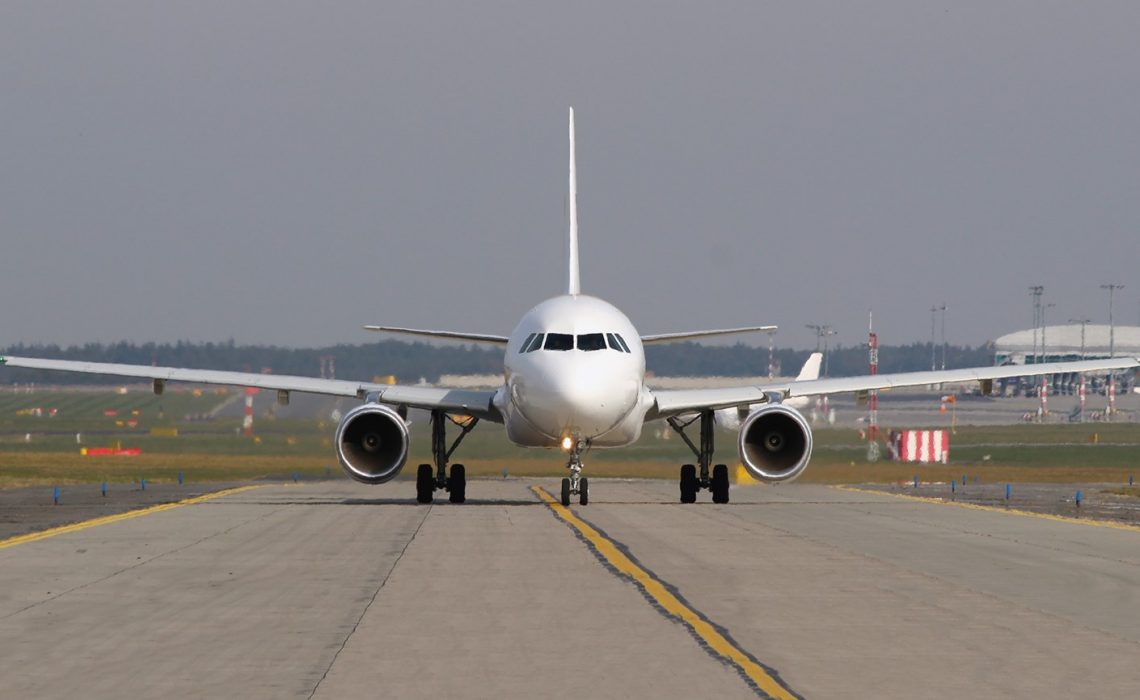
You might also like:
WASHINGTON (AP) — President Donald Trump is making the case for privatizing the nation’s air traffic control system, arguing that it will enhance safety and modernize aviation.
Trump says the overhaul would improve customer service by reducing costs and wait times.
Trump said Monday during a White House announcement that the current system is “stuck painfully in the past.” He said, “Today we’re proposing to take American air travel into the future. Finally.”
Trump’s budget plan released earlier this year called for the changes, placing air traffic operations under an “independent, nongovernmental organization.”
There are about 50,000 airline and other aircraft flights a day in the United States. Both sides of the privatization debate say the system is one of the most complex and safest in the world. The FAA would continue to provide safety oversight of the system under a congressional privatization plan.
U.S. airlines have been campaigning for more than two decades to separate air traffic control operations from the FAA. That effort picked up steam last year when the union that represents air traffic controllers agreed to support a proposal by House Transportation and Infrastructure Committee Chairman Bill Shuster, R-Pa., to spin off air traffic operations into a private, nonprofit corporation in exchange for guarantees that controllers would retain their benefits, salaries and union representation.
White House officials said the new entity would be overseen by a 13-member board that will include members from the airline industry, unions, general aviation, airports and other stakeholders.
Airlines have been lobbying vigorously for the change, saying the FAA’s NextGen program to modernize the air traffic system is taking too long and has produced too few benefits. The changes would involve moving from the current system based on radar and voice communications to one based on satellite navigation and digital communications.
IATA on Monday reaffirmed its support for privatization. During the trade group’s general meeting in Cancun, director general Alexandre de Juniac said, “In the U.S. the politicization of Federal Aviation Administration funding has slowed the NextGen initiative to a crawl. That’s why we are advocating the corporatization of the air traffic organization using the successful governance model of Nav Canada.”
Airlines and the controllers union say that the FAA’s effort to modernize the air traffic system has been slowed down by the agency’s dependence on inconsistent funding from Congress and occasional government shutdowns and controller furloughs. As a result, the FAA has had difficulty making long-term commitments with contractors.
Union officials have complained that the FAA has been unable to resolve chronic controller understaffing at some of the nation’s busiest facilities and pointed to the modernization effort’s slow progress.
But FAA Administrator Michael Huerta has said the agency has made progress during the past decade in updating its computers and other equipment in order to move from a radar-based to a satellite-based control system.
Winning congressional approval would still be an uphill battle for Trump. Democrats have largely opposed the changes, warning that the proposed board overseeing the estimated 300 air traffic facilities and around 30,000 employees would be dominated by airline interests.
They have also pointed to the unprecedented safety under the current system and noted repeated computer system failures in recent years by U.S. airlines, questioning whether they are ready to handle complex technology modernizations.
Trump’s plan would also eliminate taxes on airline passengers in favor of a system of user fees. Key members of tax-writing committees have questioned whether corporations can legally impose fees, which can be viewed as taxes, on air traffic system users.
Business aircraft operators, private pilots and non-hub airports have also expressed concerns they may need to pay more and get less service under a private corporation even though airlines have promised that won’t happen.
Sоurсе: travelweekly.com



